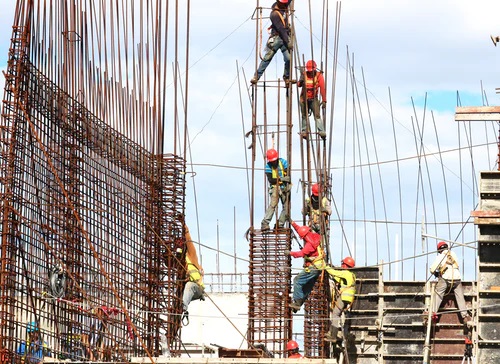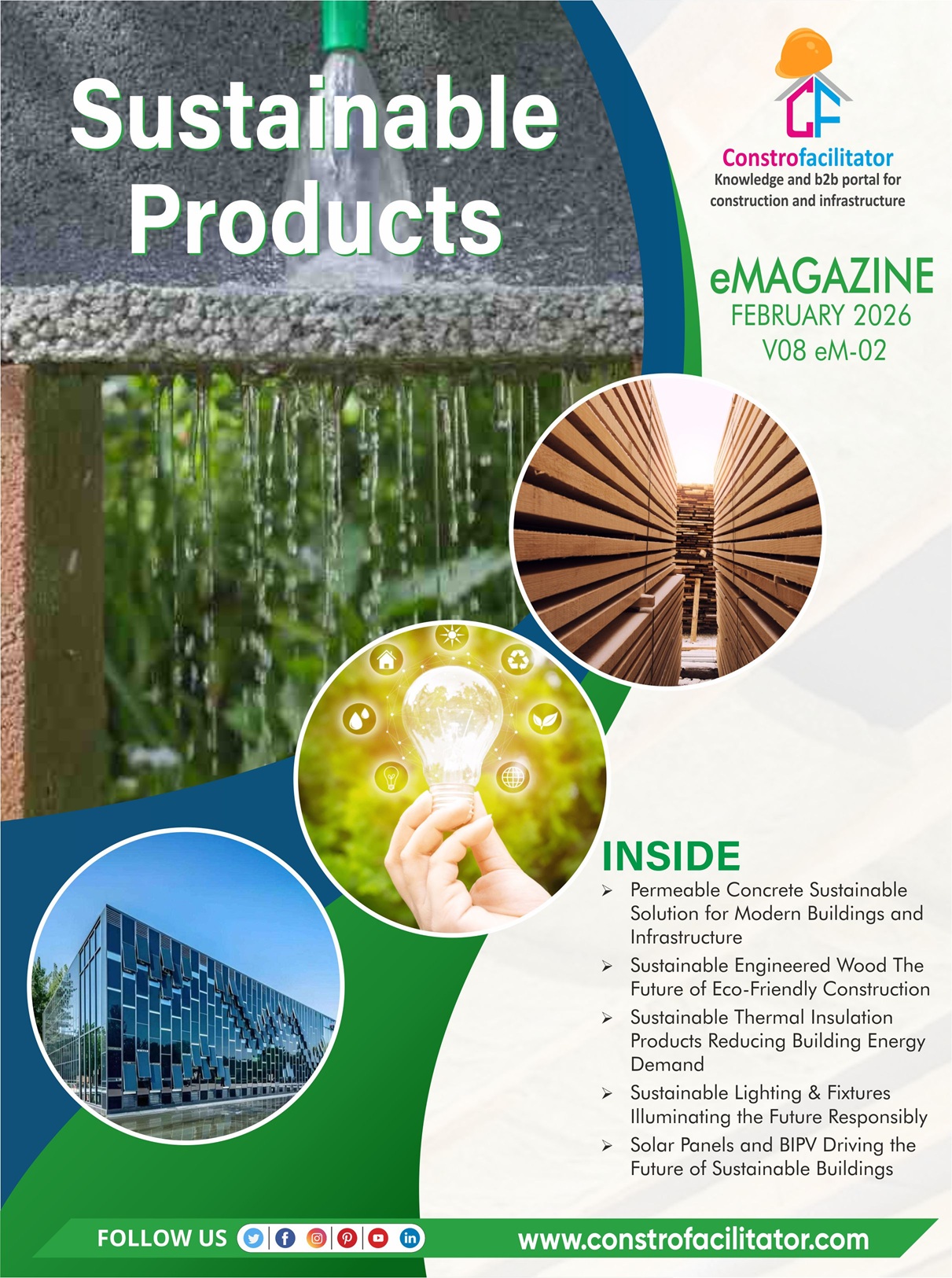From now on, construction agencies will only have to use recycled water, to be supplied by the New Town Kolkata Development Authority (NKDA), at construction sites in the township. The recycled water will be supplied to construction agencies at a rate of Rs 5 per kilo litre (KL).
NKDA on Tuesday issued a notification on this. “As of now this is an advisory to the construction agencies. For any construction purpose, agencies will need to approach the NKDA’s public health engineering (PHE) wing for supply of recycled water. This will help prevent wastage of potable water,” said an official, adding that this will soon be made mandatory for which the authorities will make some amendments in the existing building construction rules.
Till date, construction agencies hire water tankers from NKDA at the construction site for construction and other purposes. “We will no longer supply potable drinking water to them. The recycled water will be charged at a rate of only 25% of the permanent water rates,” said an NKDA official.
As per the New Town Kolkata (water supply and sewerage) rules 2010, NKDA charges Rs 20 for per kilo litre of water for non residential projects.
Officials said there are two sewerage treatment plants (STP) set up in Action Area IIB and IIC for producing recycled water. Both the STPs have 70 cubic meter capacity sump well, with one of them having 15,000-litre per hour capacity of pump and the other having a higher capacity pump of 16,500 ltr/hr.
At present, about 17 million gallon per day (MGD) of filtered water is being supplied to entire New Town area and the authorities are presently generating about nine to 10 mega or million litre per day (MLD) of recycled water. “Preventing potable water from being used at construction sites will help minimise the consumption of fresh water,” said an NKDA official, adding that the recycled water is not for drinking purposes.
Earlier this year NKDA had kicked off a scheme to treat and recycle waste water for watering plants in parks, gardens and road dividers and medians in New Town in an initiative to prevent consumption of drinking water for these purposes.





